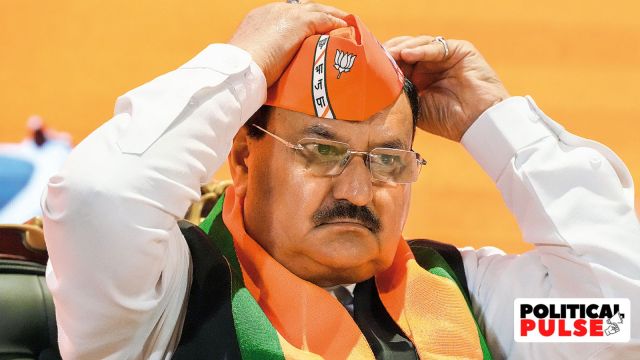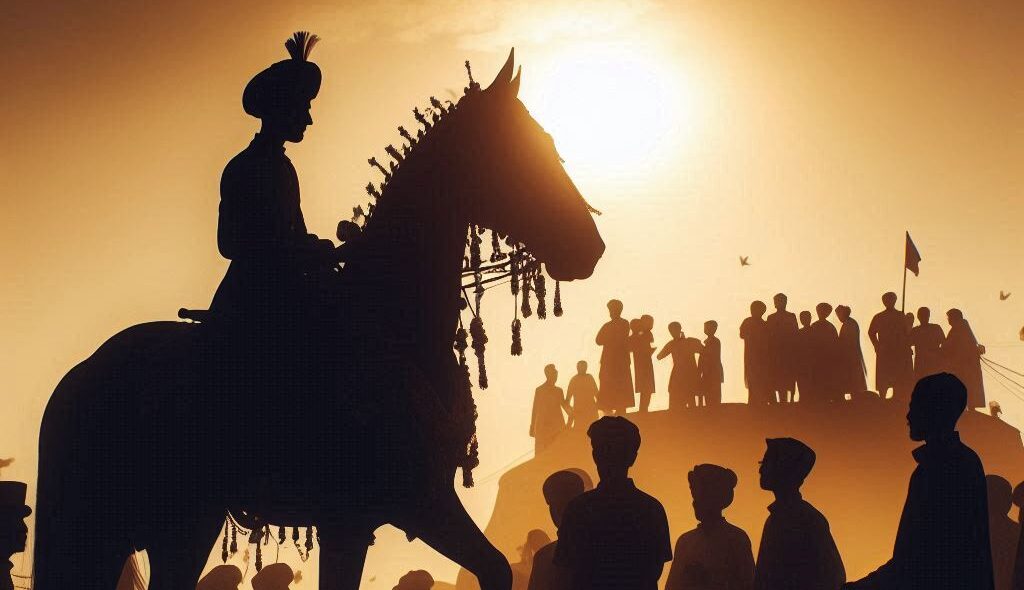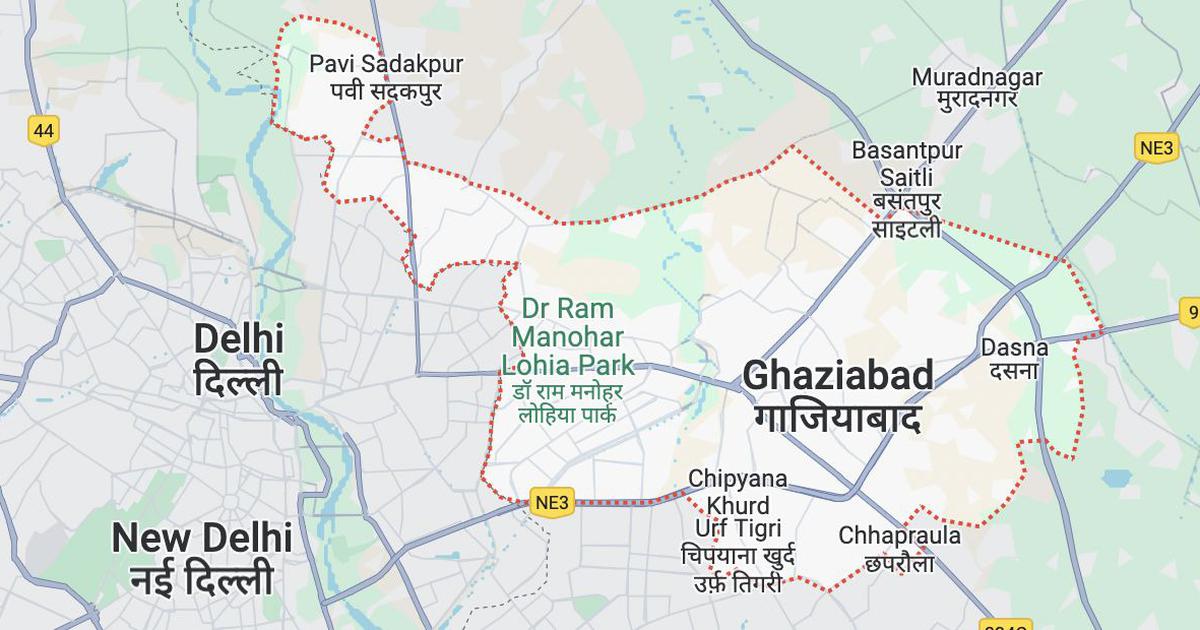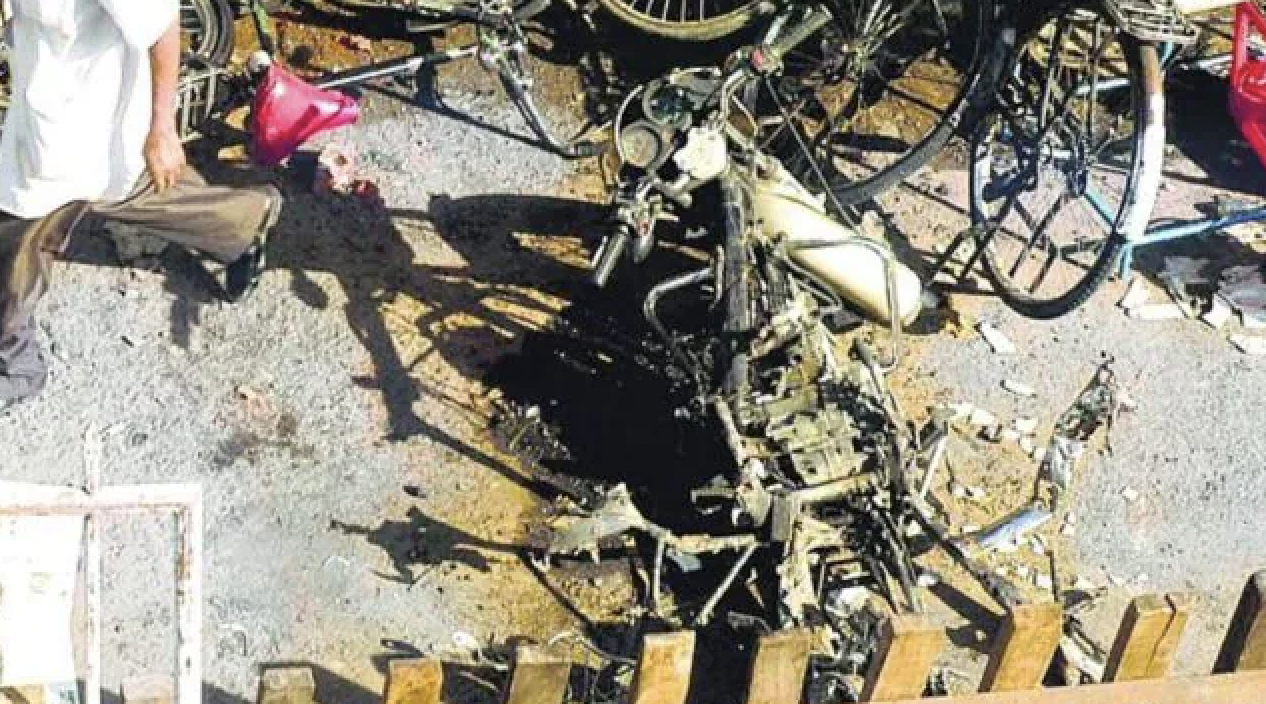
By Safa Ahmed
On September 29, 2008, bomb blasts tore through a crowded marketplace in the city of Malegaon in India’s Maharashtra state, where hundreds of Muslims were breaking their Ramadan fast just days before the holiday of Eid al-Fitr. The explosions killed six people and injured 101.
The bomb was planted by terrorists linked to the Rashtriya Swayamsevak Sangh (RSS), India’s oldest and largest Hindu-supremacist paramilitary group and the ideological parent of the country’s ruling Bharatiya Janata Party (BJP). Some were workers for the RSS; others were members of the paramilitary’s many affiliate groups. It was a clear act of domestic terrorism, and yet sixteen years later, there has been no justice for the victims; the trial continues to drag on, and many of the accused in the case were granted bail and acquitted.
It wasn’t the only time the RSS had engaged in terrorism. The 2008 Malegaon blast was just one of at least nine bomb attacks on primarily Muslim victims orchestrated by the militant group between 2003 and 2008. The attacks targeted mosques, shrines, and trains in Maharashtra, Telangana, Haryana, and Rajasthan states. In one incident in November 2003, two bombs exploded at the Parbhani Masjid in Maharastra’s Parbhani city, killing one person and injuring thirty-four others. The 2008 bombing of Malegaon was the second time the city had been struck: in 2006, bombs exploded at a Muslim cemetery next to a mosque, just after Friday prayers on the holiday of Shab-e-Barat, killing thirty-seven.
Another bombing, in February 2007, targeted the Samjhauta Express, a train that ran between India and Pakistan. The blast killed sixty-eight people, most of them Pakistanis. In October of that same year, the Ajmer Dargah bombing targeted another group of Muslims breaking their Ramadan fast at a popular shrine, killing three people and injuring seventeen. Collectively, these nine terror attacks killed nearly 150 people.
This story was originally published in jacobin.com. Read the full story here.






